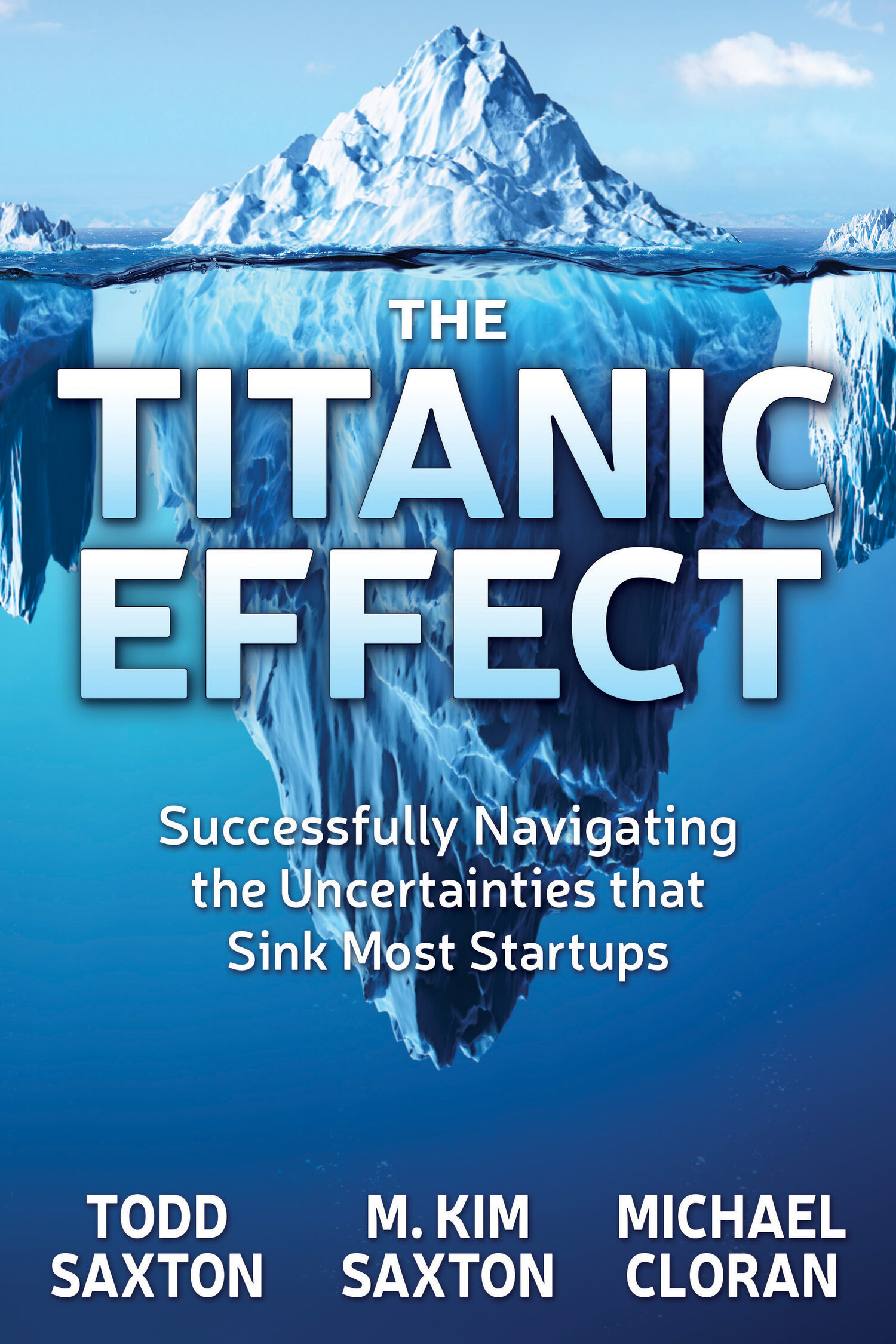The phrase “quid pro quo” seems to be getting a lot of press these days. In simple terms quid pro quo is a favor for a favor, tit for tat, or according to Merriam-Webster “something given or received for something else.”
Quid pro quo has very different connotations in different contexts. The degree of specificity of the exchange may be very explicit in terms of numbers or it can be less specific:
Loans: I’ll loan you this money for 10% interest paid back over 3 years.
Behavior: I’ll help you move this weekend if you let me use your boat next weekend.
Negative: I won’t loan you this money unless you help me with another favor.
When there is more certainty about the terms and the associated behaviors, quid pro quo can be explicit, specific, and even transactional. At the same time, quid pro quo can also be implied and/or less specific. I will help you and we both know that I may call on you for an unnamed favor in the future, or not. But, I am going to help you now anyway.
Our own research focuses on exchanges of resources in the context of a new venture or startup. Terms, behaviors, and particularly outcomes can be quite hard to assess for startups. We’ve said it before: So much about startups is uncertain. Under this degree of uncertainty, knowing what you need in terms of dollars or behaviors is quite challenging—and attaching them to a specific outcome is even more elusive. In fact, many early investments are subject to setting a valuation should a liquidity event occur. If you cannot set a value on an investment, then the situation is definitely uncertain.
As a result, exchanges move from being economic and transactional to being much less specific and relational. In fact, there is a whole body of theory and empirical research from economics, sociology, anthropology, and other disciplines on Social Exchange Theory or “SET.” In short, SET suggests that in communities where there is uncertainty about the nature of an outcome, people still help each other through social exchanges. In some cases, it is paying back for help that a person has gotten in the past from someone else in the community. In others, it is paying forward—helping someone with the hope that they or someone else will help you in the future. These exchanges can be 1 to 1 (person to person), 1 to many (one person helps several others), or many to 1 (several people help another). A key underpinning of these social exchanges is an expectation of reciprocity. But in social exchanges, reciprocity typically is implied rather than explicit.
SET helps explain Venture Advocate Behaviors, the help members of a venture community give founders even in the absence of a specific quid pro quo. We argue that these behaviors are essential for startups and for a vibrant entrepreneurial ecosystem. Before a startup can sell a product, raise venture funding, or hire employees (transactional relationships), they need to get a lot of feedback, help, and support (social exchanges) to navigate the uncertainty of moving from idea to launch to product/market fit. In fact, trying to make these helping behaviors transactional too early in the life of a startup can be counterproductive. Economic transactions draw on a different part of the brain and trigger gain or loss framing, as opposed to a spirit of cooperation and reciprocity as joint members of a community.
It is interesting how this manifests in our own meetings, coffees, and lunches with members of our venture community. Increasingly, it seems that as we start to draw the conversation to a close, the person we are meeting with will say, “Now, what is the one thing I can do to help you be more successful?”
We do appreciate the sentiment. But we are not looking for a specific quid pro quo. We hope that by meeting with and helping members of the venture community, they will help others at some point in the future. It might be us, our students, our alumni, or another member of the venture community, and it might be in a week, a month, or ten years. But we are not seeking an immediate payback or quid pro quo. So take the offered help, assess its value, and be ready if there is an opportunity to help someone else in the future. Paying back or forward should make you feel good.
A critical element of reciprocity is that you do not want to become beholden to someone who you do not nor should not associate with. We will leave you with a warning channeling Mr. Byerly, my Latin teacher in middle school: Don’t exchange a specific quid pro quo (favor for favor) with a persona non grata (unacceptable person) unless it is sine qua none (absolutely indispensable)! Otherwise, it might come back to bite you. Navigate on… with others who can help you.


